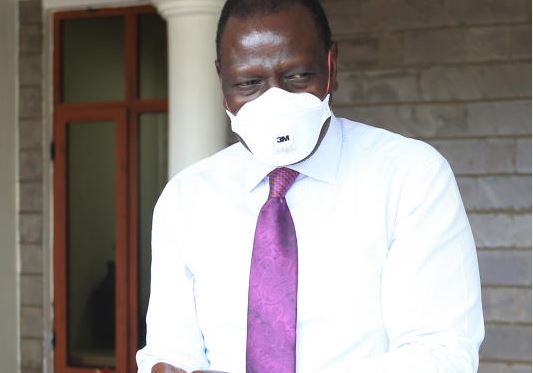×
The Standard e-Paper
Join Thousands Daily

Talai Clan elders who hosted Deputy President William Ruto (pictured) to patch up things in the Nandi traditional way on Friday morning have opened up on their two-hour meeting with the country’s Number Two.